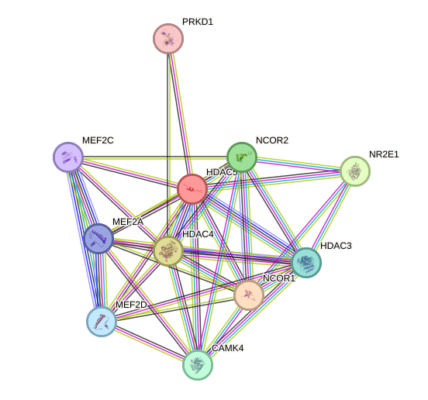Job Loss and Addiction

It might be too much of a coincidence that days before Christmas, we find ourselves writing about an economics professor named Dr. Nicholas Jolly. And what does Dr. Jolly have in his bag for us? How about a working paper on job loss and addiction?
Dr. Nicholas Jolly is an associate professor at Marquette University in Milwaukee, Wisconsin. Together with graduate student Gwen Davis, the two economists used the Panel Study of Income Dynamics (PSID) to research the relationship between job loss and substance abuse.
The Panel Study of Income Dynamics (PSID) claims to be the longest-running longitudinal study in the world. Started in 1968, the PSID recently celebrated 50 years of gathering data on 18,000 individuals in 5,000 households.
Jolly and Davis initially tried to assess the impact of parental job loss on children, according to a review of the paper in Marquette Today. However, there was not enough data on the parents to generate robust statistics.
There was enough data, however, on the impact of job loss on young persons. Their paper focused on the impact of job loss from the ages of 17 to 28 years old on substance abuse patterns. The researchers found two statistically significant correlations:
- Job loss is associated with an increased probability of smoking and drinking
- Job loss is associated with more intense consumption of alcohol and marijuana
The authors go out of their way to point out the importance of understanding the relationship between job loss and addiction for younger adults:
[I]t is particularly important to understand this effect for younger workers, as cigarette, alcohol, and other drug use at young ages increases the likelihood of developing substance dependency and health problems, such as cancer, high blood pressure, liver cirrhosis, and mental disorders, later in life.
The exact impacts measured were:
- Job loss related to a 13% increase in alcohol consumed per session
- Job loss related to a 14% increase in marijuana consumed per session
- The probability of being a current alcohol drinker increases by 3.1%
- The probability of being a current cigarette smoker increases by 3.2%
Perhaps as interesting as what the paper says about job loss being related to an increase in smoking and drinking is that job loss is not related to increased use of marijuana or narcotics: “Results indicate that young adult job loss is statistically unrelated to the probability of using marijuana, narcotics/pain relievers, and other drugs such as amphetamines, cocaine, barbiturates, or tranquilizers.”
While it seems counter-intuitive that job loss does not correlate with increased use of marijuana or narcotics, a major reason is the lack of funds to purchase these substances as a result of income reduction due to job loss.
The researchers believe that the data is strong enough to warrant substance abuse prevention programs as part of layoff benefits or workforce retraining programs. They conclude their working paper with this thought:
Findings suggest that government policy designed to aid displaced workers should contain provisions to anticipate and respond to substance use disorders that may arise, particularly among younger job losers.
A much earlier review of the scientific literature on unemployment and substance use disorders had somewhat different findings. Among other important conclusions, Dr. Dieter Henkel at the Institute for Addiction Research at Frankfurt University of Applied Sciences found that:
- Unemployment is a significant risk factor for substance use and the subsequent development of substance use disorders.
- Unemployment increases the risk of relapse after alcohol and drug addiction treatment.
In harmony with the PSID-based study, Dr. Henkel’s review of the literature concludes: “The unemployed are more likely to need substance-related prevention and therapy.” Next week on AddictionNews, we’ll take a look at what substance abuse prevention programs are on offer for the young and unemployed.
Written by Steve O’Keefe. First published December 21, 2024.
Sources:
“Young Adult Substance Use Following Involuntary Job Loss,” IZA Journal of Labor Economics, January 2023.
“Connection between job loss and addiction? Research from economics professor, student may impact policy decisions,” Marquette Today, December 16, 2024.
Image Copyright: Erich Ferdinand, used under Creative Commons license.




